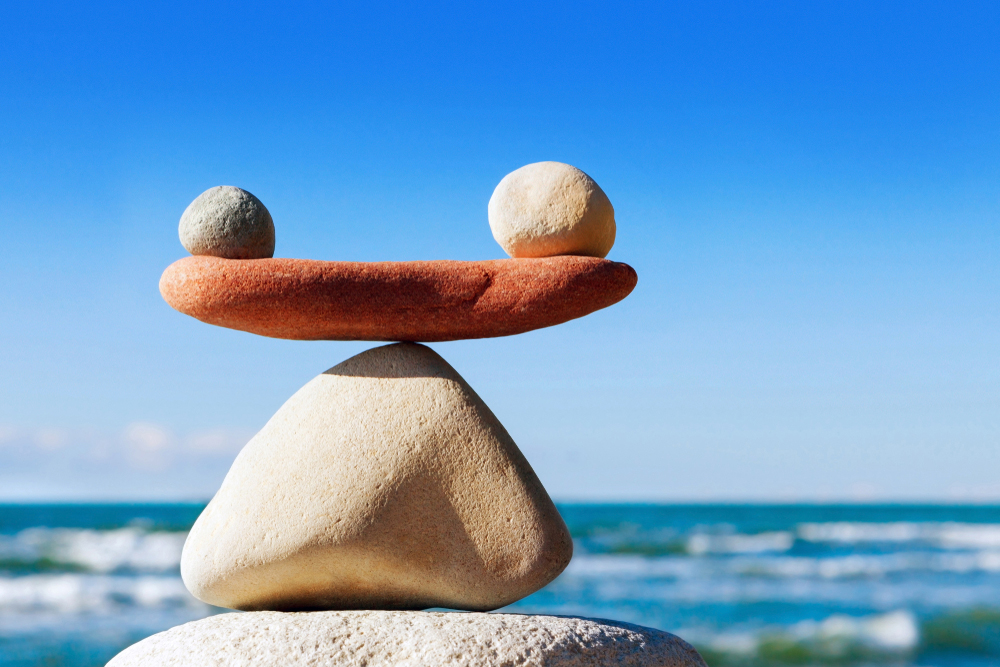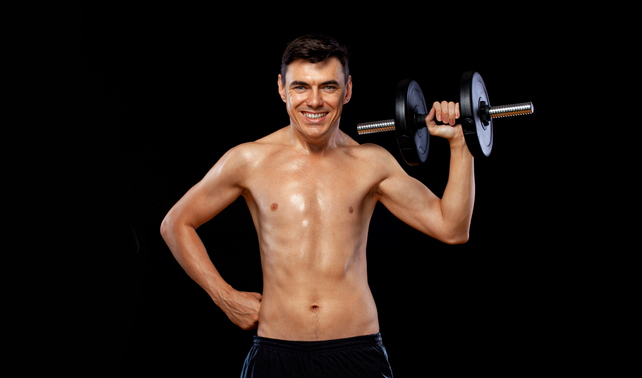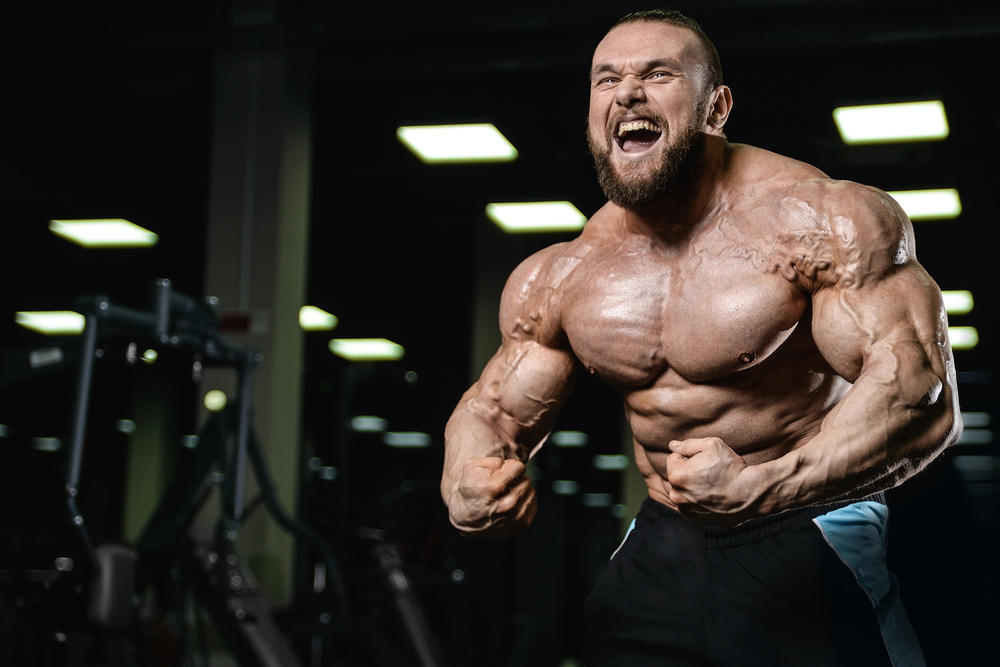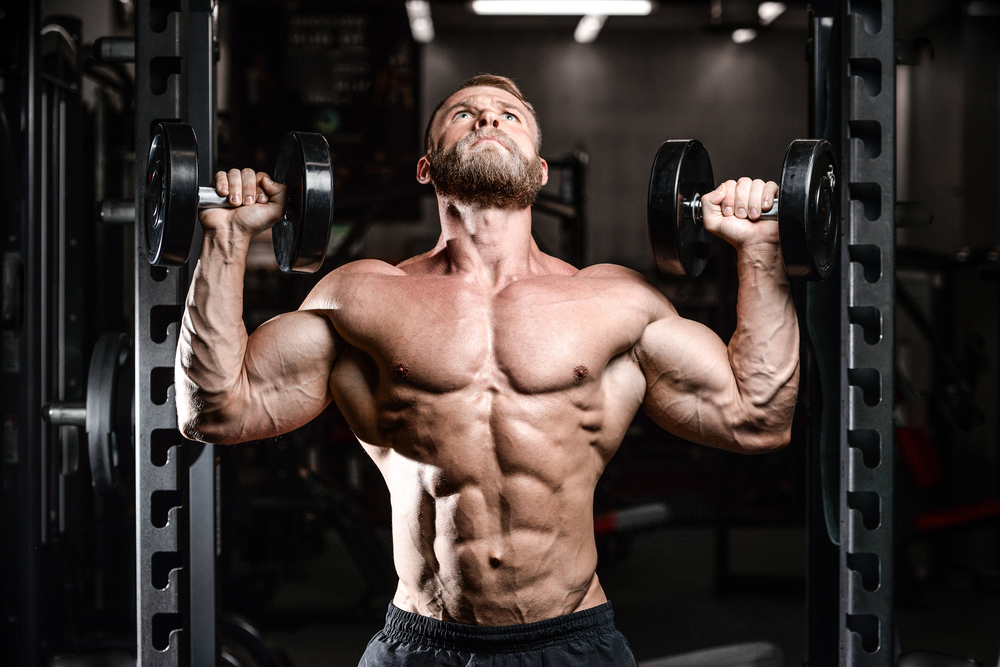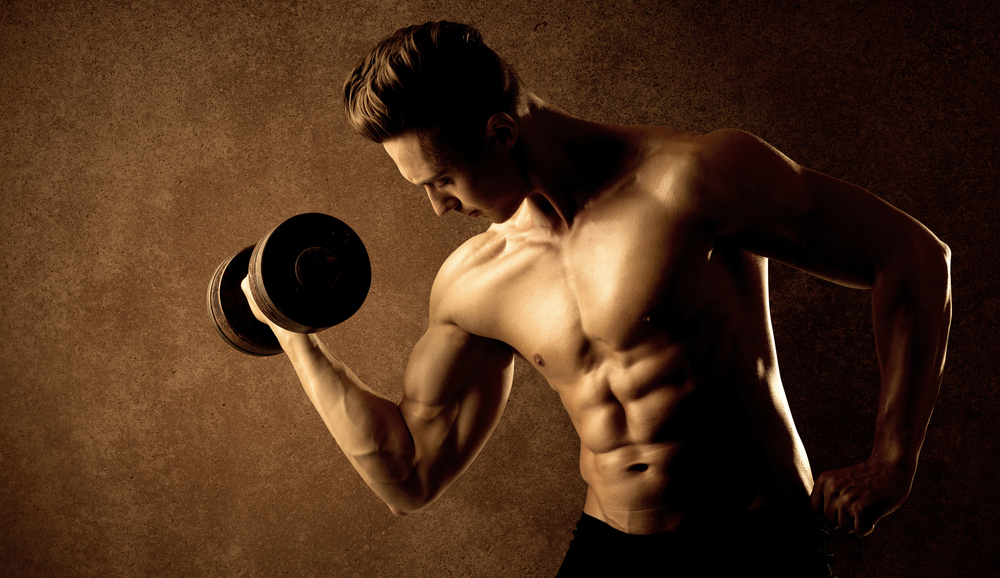With all the advertising and the waves of ideas about bodybuilding, people are becoming more and more delusional about what muscle building really is. We always have this mania for comparing ourselves with professional bodybuilders, we want to be like them, both in the shape of the body and in the techniques used by the latter to have sculpted a dream body.
This is quite normal because if these professionals have reached this level, it is because there was a real work that was done, and of course they had to spend a lot of time. What differentiates the professionals from the beginners of bodybuilding is this mania of wanting to rush things, we want to go even faster in the development of the muscles.
We force ourselves on the work sessions, on the diet adopted because we think that the more we make efforts, the faster the muscles will grow. This is totally false.
To develop normally, muscles need certain criteria: a good diet and exercise sessions adapted to each muscle to be developed, rest, but above all a good mental and psychological condition of the practitioner. Here are some of the keys to progression.
Bodybuilding: the right moral condition to have
In the world of bodybuilding, no pain no gain is a major motto. It indicates why and how one should train. The objective of every trainer is to work hard, hurting themselves, because this is the only way to build muscle as quickly as possible. In order to do this, the practitioner fights an unwavering battle, in which his opponent is himself.
One should defeat oneself to succeed, and in this perspective, all means are good to achieve one's own goal. If a practitioner does not adopt this mentality, he or she would be seen as weak in front of others, and no bodybuilder would accept to be seen as weak.
You always want to look strong, heroic and manly. This mentality adopted by the practitioners makes them forget that forcing themselves on bodybuilding can lead to various problems: heart problems, tendon problems, joint problems, spine problems, exhaustion for the practitioner.
Also, the use of steroids causes psychological problems such as aggressiveness, depression, withdrawal. . . Is this really what one is looking for when practising a sport as complete as bodybuilding?
The right method to use in the field of bodybuilding is the following: it aims to banish any form of self-destruction of the practitioner by eliminating the slogan "no pain no gain" from his daily life.
Instead of competition and confrontation with oneself, the practitioner should rather cooperate with his own body to optimise the results of his efforts. The term "no pain no gain" is therefore replaced by efficiency. It is not a question of banishing brutality with oneself, but rather of targeting the totalitarian aspects of the latter.
So you have to be hard on yourself, set achievable goals, but a little less. Very high and permanent stress is completely counterproductive. From now on, it is no longer a question of trying to compensate for one's feeling of powerlessness by violence, nor of overcoming one's weaknesses by being hard on oneself. It is necessary to overcome them by inventing cooperative agreements with oneself.
Forget the concept of no pain no gain to train better
Doing the best with the least should be the goal of every exerciser during strength training sessions. The goal of weight training is not to tire the body after each session, but rather to work each muscle efficiently so that it develops normally.
To be productive, a workout does not have to be gruelling or painful. It should not be about fatigue, but rather about improving performance. If exercisers increase the number of sets performed during an exercise, it is not to make the muscles more fatigued, but rather to improve their performance by increasing the rate of work they can perform without injuring or over-fatiguing the body.
This is why, after working a muscle or a group of muscles, a practitioner should not work them again on the other days following the session. They must be allowed to rest and recover for at least 48 hours. In order to train better, it is necessary to know how to impose rest and recovery times to avoid the body being injured or damaged by excessive efforts.
The intensity of the work done by a person during a training session must be influenced by several criteria: diet, sleep, external conditions and chemical aids.
A normal person who is not assisted by chemical aids cannot provide the same effort as a high level athlete who is assisted. The testosterone levels in the two bodies are not the same, so the bodies will not recover in the same way.
This is why exercisers are always advised not to foolishly believe the advertisements on TV about the rapid muscle development of athletes.
We don't know exactly what pace of life the professionals follow, nor their favourite diet and supplements. Keeping up with their pace is simply a suicidal course and quite impossible for beginners and regular bodybuilders.
It is important to remember that the more time the body has to rest and repair the damage caused by the last workout, the more strength and stamina it will be able to recover for the next workout. Good hours of sleep added to a good intake of calories and protein with well adapted bodybuilding techniques are the body's allies to develop muscles faster.


